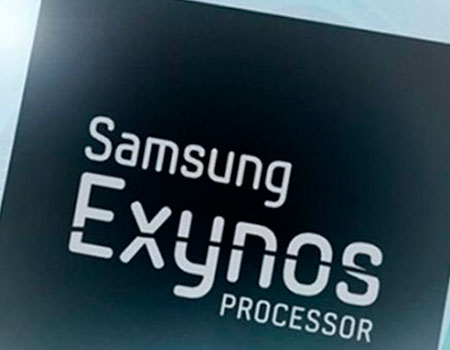
During today Samsung has officially presented its new SoC manufacturing process in addition to the first processor to benefit from this technology, FinFET and Samsung Exynos 7 Octa respectively. This has allowed them to reduce the size of one of the essential components of mobile terminals to 14 nanometers, but how does this reduction in size help? Does the end user perceive its great advantages?
Currently the great and best known processor manufacturer, Qualcomm, seems to have been resting on its laurels. Samsung, which until now had not had such an impact on the subject of SoCs, has begun a new era, that of 14 nanometers, thanks to a renewed manufacturing process. The truth is that manufacturers like Qualcomm or Mediatek They have focused more on trying to squeeze the clock frequency of the processors to the maximum without trying to innovate in fields such as manufacturing, something that Samsung has anticipated, offering an energy efficient device and with incredible possibilities for smartphones and tablets, being an example of this the last Samsung Exynos 7 Octa, which will debut on the Samsung Galaxy S6.
Although the exact details of this 14nm processor have not been disclosed, it is most likely that in addition to the 64-bit architecture, let's find a processor with frequencies above 2 GHz and eight cores, as its name indicates. The truth is that as revealed by Samsung in an official statement this morning, the Exynos processors that will debut this year will have a 20% faster speed to the current ones, yes, reducing its consumption by 35% -in total, the processor performance increase is 20%-.
How will this affect? Basically, we will be able to axiscut applications much more complex than the current ones -Obviously this includes video games-, assuming multitasking one of the main roles to make working with a mobile device much easier. Also, as the consumption will also be lower, will help us to increase the autonomy of the terminals without losing a bit of performance, something really necessary since the batteries have been "stagnant" in recent years.
With this novelty, Samsung strongly hits the table and passes the ball to manufacturers like Qualcomm, which will undoubtedly lose a potential customer like Samsung. In addition, the South Koreans have indicated that they hope to ally with other manufacturers to expand their "new business", so it is to be expected that these Exynos will be seen in much more terminals than the Samsung Galaxy S6.
